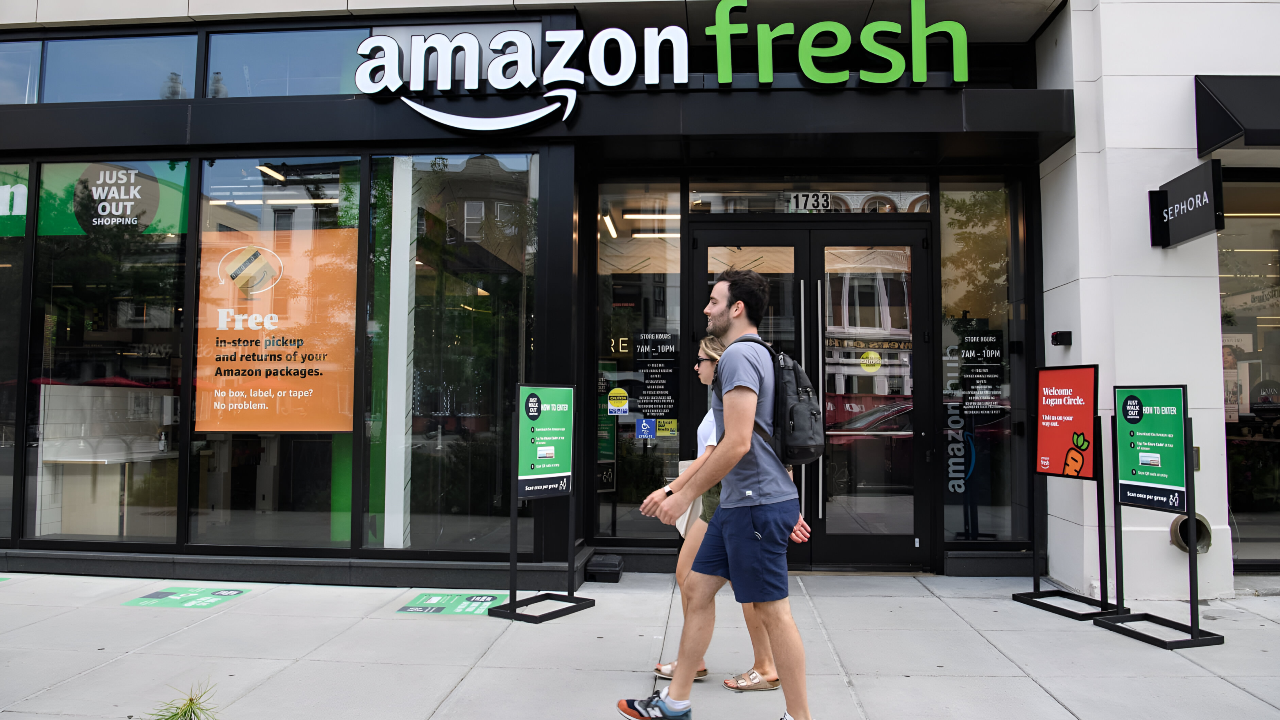
Amazon, one of the world’s most influential retailers, is dramatically refocusing its U.S. grocery operations this year.
In 2025, the company will shut down eight Amazon Fresh stores, including key locations in California, New York, Virginia, and Washington.
These changes underscore Amazon’s evolving strategy, impacting employees, customers, and competitors nationwide.
Why Is Amazon Changing Course?
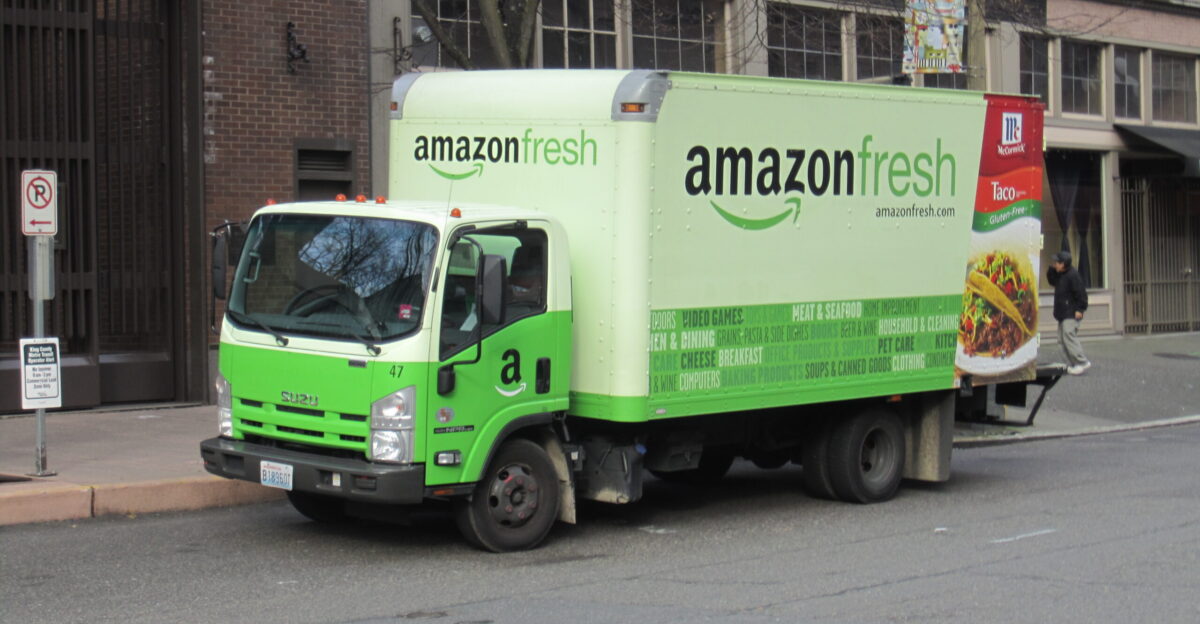
The primary reason behind the closures is Amazon’s ongoing effort to balance costs and invest in more profitable segments.
CEO Andy Jassy stated that the company is focusing on Whole Foods and rapidly expanding its grocery delivery services. Increased competition and persistent inflation have made operating some physical stores less sustainable.
Fewer Local Options and Adjustments
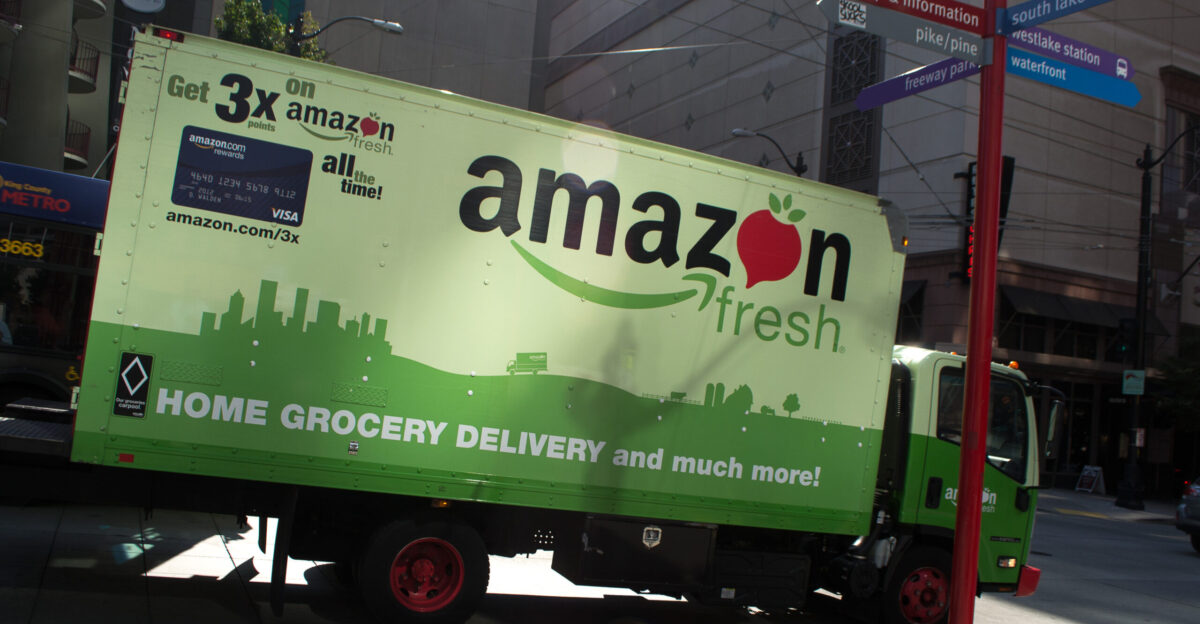
For residents in La Habra, La Verne, and similar communities, these closures mean fewer local grocery options.
Shoppers now need to seek alternatives, sometimes traveling greater distances or exploring new online delivery services. The shift will test consumer loyalty and alter established shopping patterns in affected neighborhoods.
Traditional Stores and Big Chains React
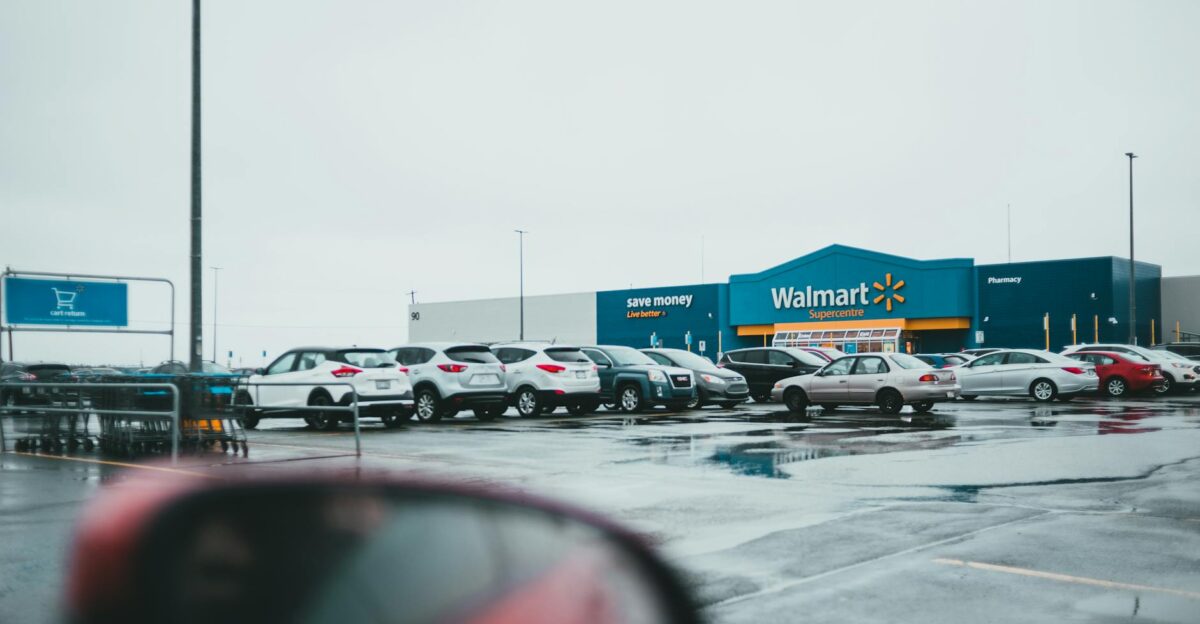
Major grocery players, such as Kroger and Walmart, as well as regional stores, view Amazon’s retreat as both a challenge and an opportunity.
These companies are adjusting their promotions, loyalty programs, and supply chains to cater to shifting customer needs. The industry’s competitive landscape is evolving rapidly as Amazon pivots its business model.
How Habits Are Changing
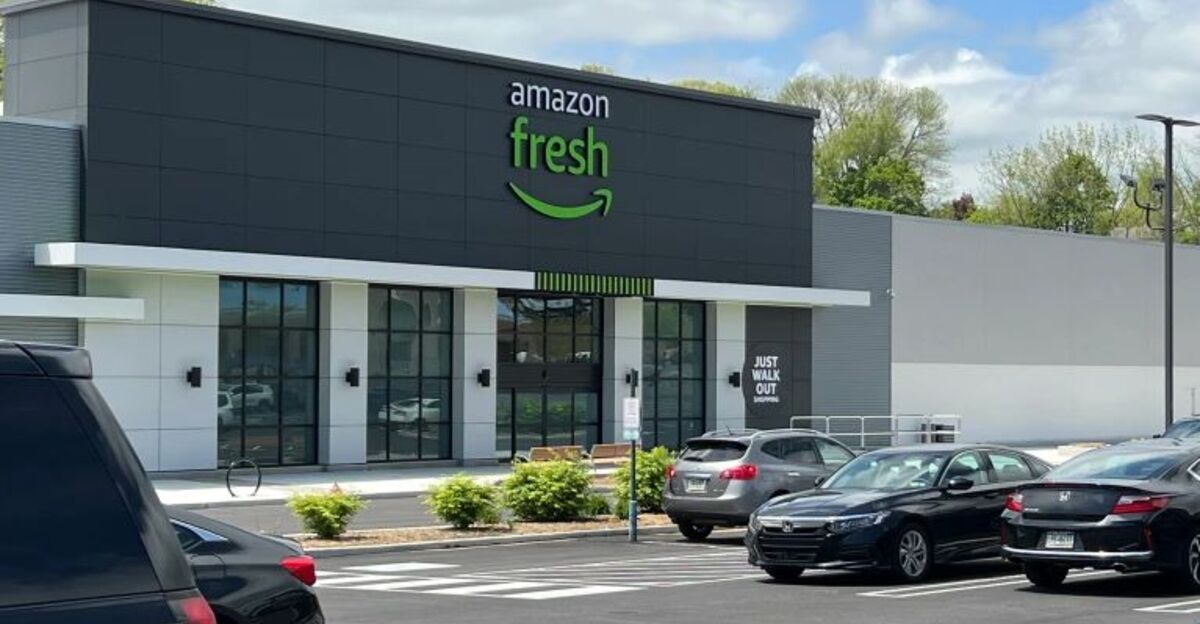
Amazon’s closure of physical Fresh stores coincides with a significant push into grocery delivery. By the end of 2025, same-day delivery will be offered in 2,300 U.S. cities, outpacing in-store access.
This trend supports a shift toward digital grocery shopping, with consumers increasingly relying on services like Instacart, Walmart, or Amazon’s expanded offerings.
International Strategies Realigned
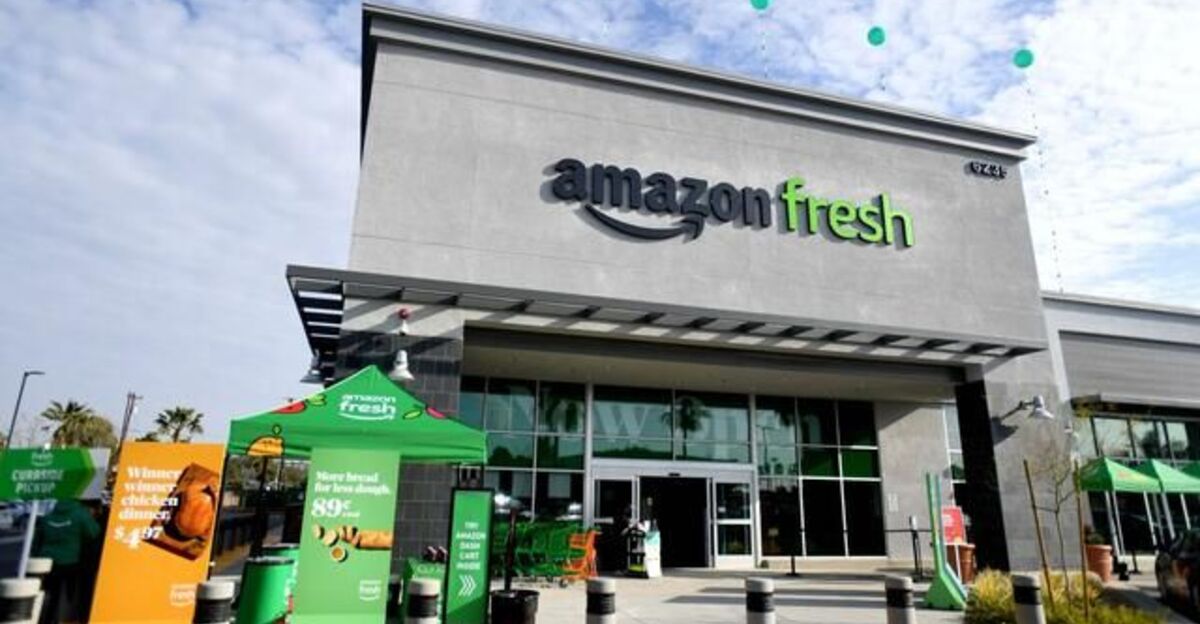
The impact isn’t limited to the U.S. Amazon is also closing 14 Fresh stores in the United Kingdom and converting some to Whole Foods, a premium grocer it owns.
This global shift signals Amazon’s intention to concentrate resources on online and high-margin groceries, influencing retail strategies beyond American borders.
Jobs Lost and Lives Disrupted
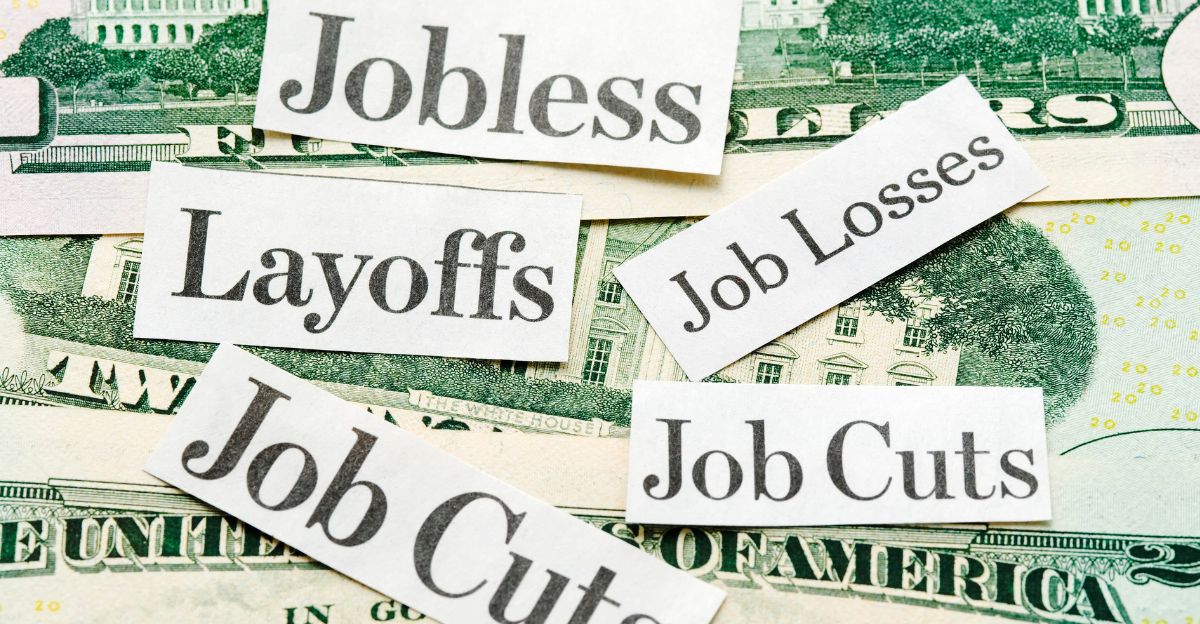
With every closure, dozens of employees face job loss or forced career changes. Across eight U.S. locations, roughly 2,000 positions could be affected, according to labor experts.
Amazon says it will help staff pursue other roles, but the transition is not easy for families and communities relying on grocery jobs.
Policy, Politics, and Local Response
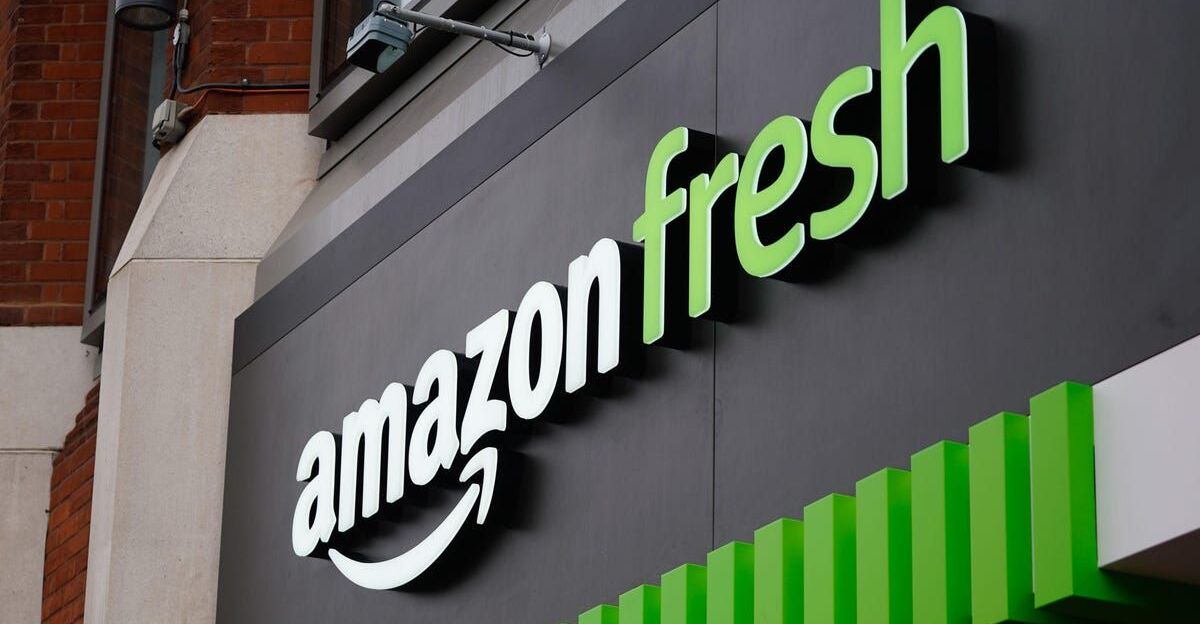
The closures have drawn attention from local governments and labor groups, who are demanding that Amazon support retraining and job placement efforts.
Some city officials in affected areas have expressed concern about reduced employment and diminished sales tax revenue, advocating for corporate accountability during times of industry change.
Rising Costs & Inflation Reflected

Retail experts note that the changes occur amid rising costs for labor, supplies, and real estate. Grocery inflation is up nearly 30% since 2020, forcing both companies and consumers to adapt. Amazon’s restructuring is partly a reflection of broader market dynamics driven by economic pressure.
Strategies for a New Era
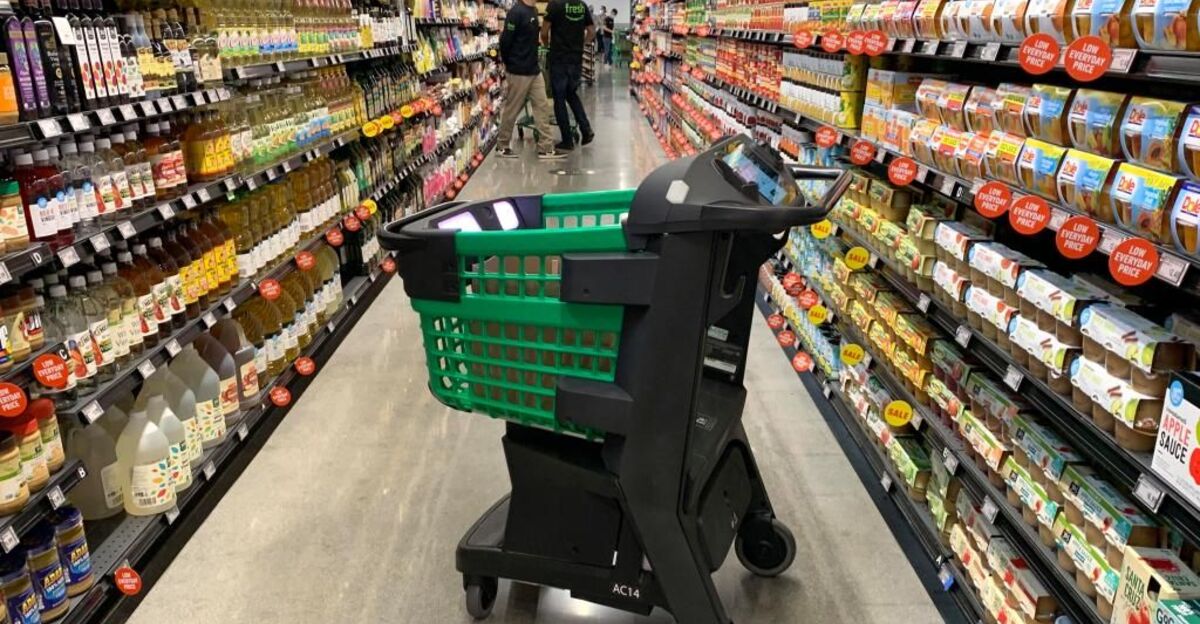
In response to Amazon’s moves, rival stores are exploring new formats, click-and-collect models, and improved digital platforms.
The competitive fallout is pushing smaller grocers and national chains alike to accelerate their own innovation or risk losing market share.
Adjusting to New Supplier Networks
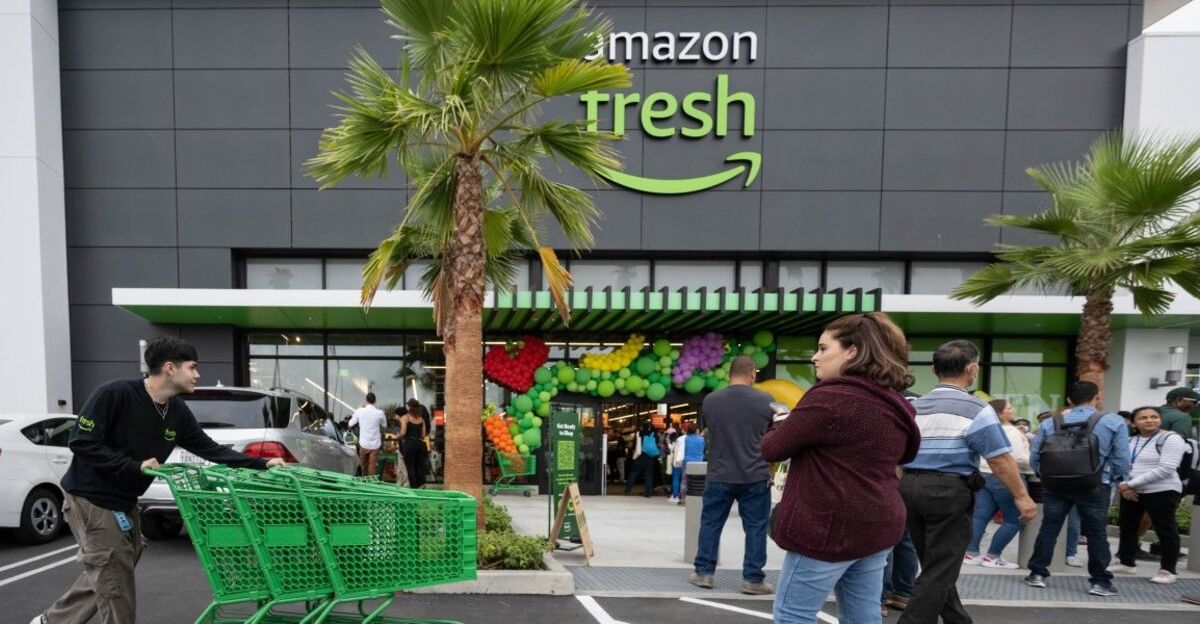
Some restaurants and food businesses in communities that are losing Amazon Fresh locations must rework their supply arrangements and local sourcing practices.
The reduction in retail outlets can pose a challenge to hospitality providers while simultaneously opening up opportunities for smaller vendors and alternative suppliers.
Knock-On Industry Change
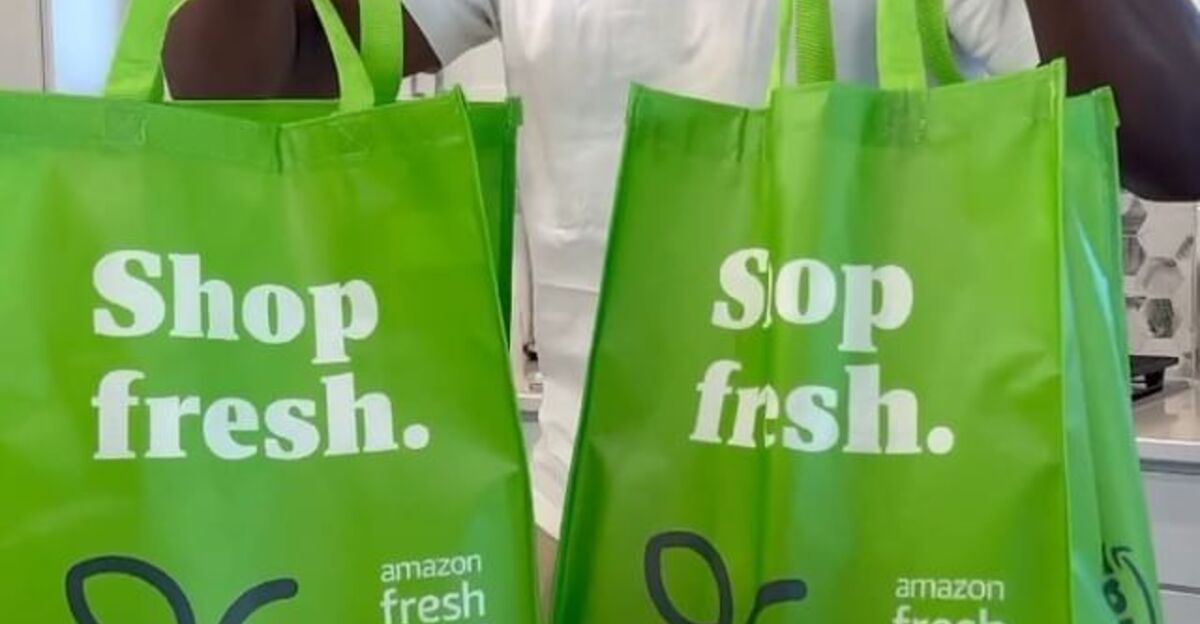
Suppliers of produce, packaging, and technology linked to Amazon Fresh are re-evaluating their own business strategies.
Logistics firms, vendors, and tech partners are reassessing contracts and delivery routes as demand shifts away from physical stores to online fulfillment centers.
International Consumer Experiences
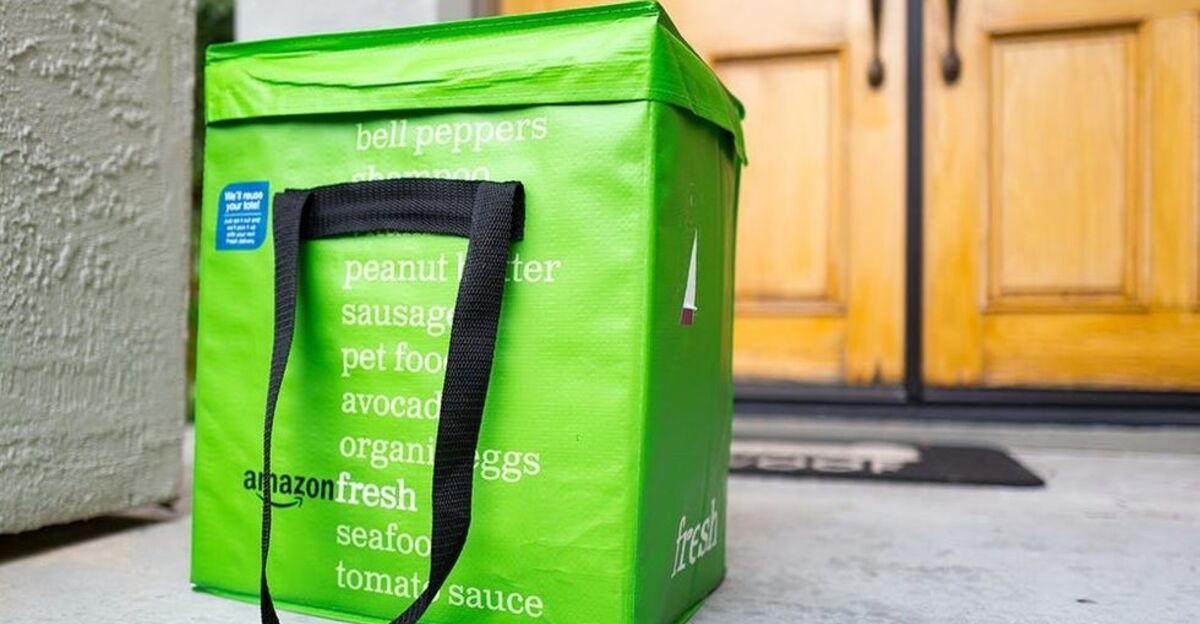
As Amazon adjusts its grocery strategies in the US and abroad, consumers in other global markets are paying close attention.
The company’s moves influence how groceries are shopped, delivered, and marketed from the UK to Asia. These events are shaping international retail standards and expectations.
Shopping Digital Becomes Mainstream

With brick-and-mortar options reduced, more Americans are turning to apps for their grocery needs. Busy urban families in Southern California are adopting home delivery routines, changing how they plan, shop, and prepare meals. This digital shift strengthens the role of technology in daily life.
Community and Cultural Conversations
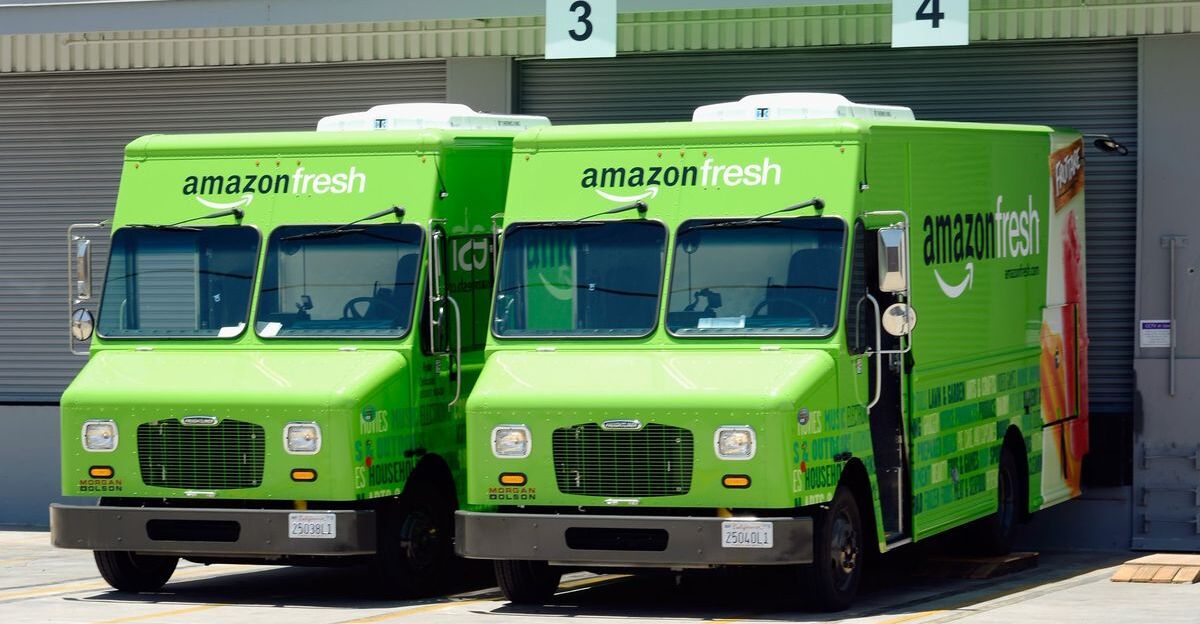
Amazon’s closures ignite debates about community resilience and the role of big business in local economies.
Some argue it challenges neighborhood identity, while others point out the inevitability of digital transformation in modern culture. These discussions will likely shape future consumer and business decisions.
Who Stands to Gain?
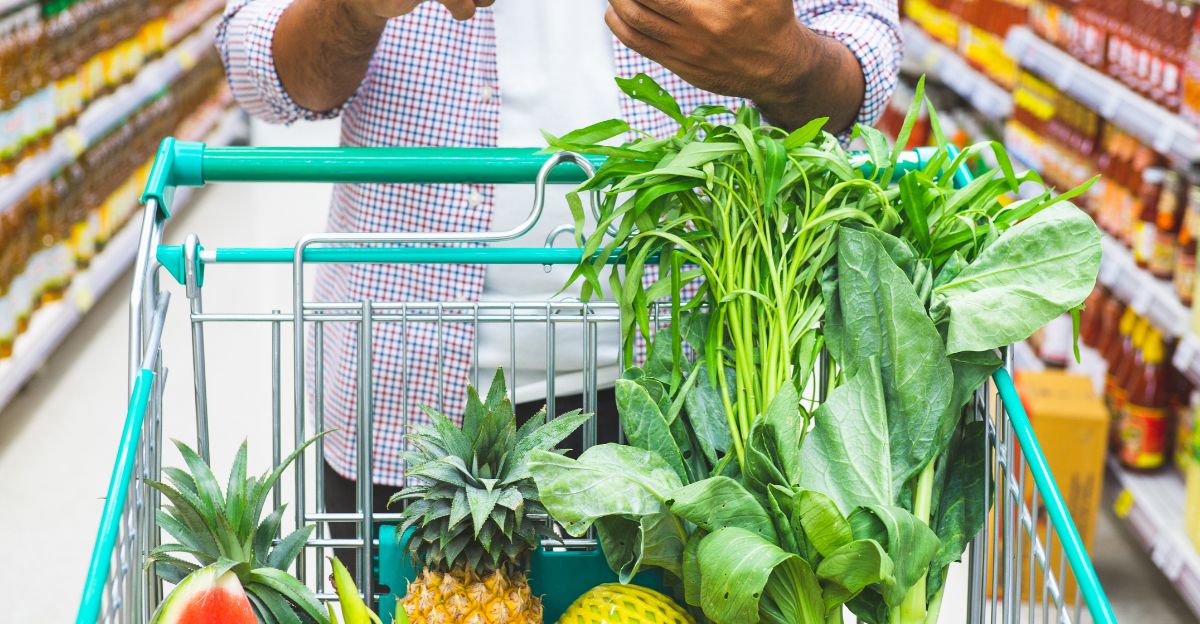
Local grocery stores and independent food retailers may benefit from Amazon’s exit, as customers left without a Fresh option are likely to shift their business to these establishments.
Commercial landlords and regional supply partners, however, face new vacancies and potential revenue drops as major tenants depart high-traffic sites.
Stock Market and Investor Sentiment

Amazon’s pivot has attracted mixed reactions from investors. While shares dipped after the closures, some analysts believe the restructuring will support long-term profitability and stabilize the company’s position within the changing retail landscape.
Navigating the New Grocery Landscape
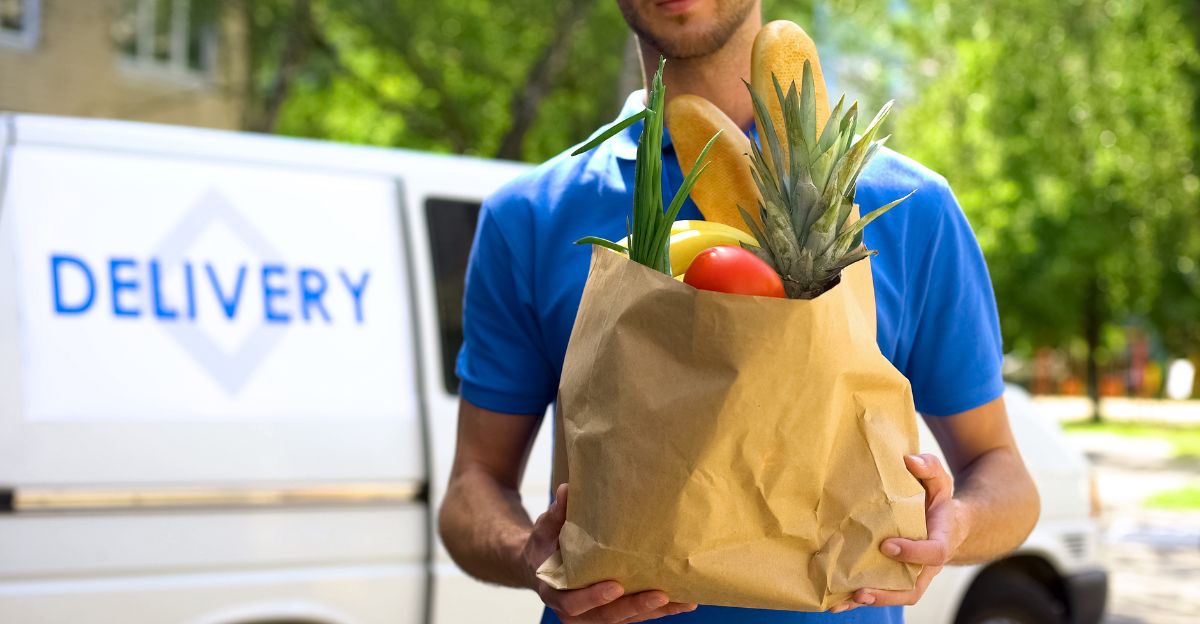
Consumers should explore delivery and curbside pickup options in their area, compare prices and loyalty benefits at remaining stores, and consider local independent grocers. Staying flexible and informed will help families adjust to shifting availability and potential cost increases.
Amazon’s Strategic Vision
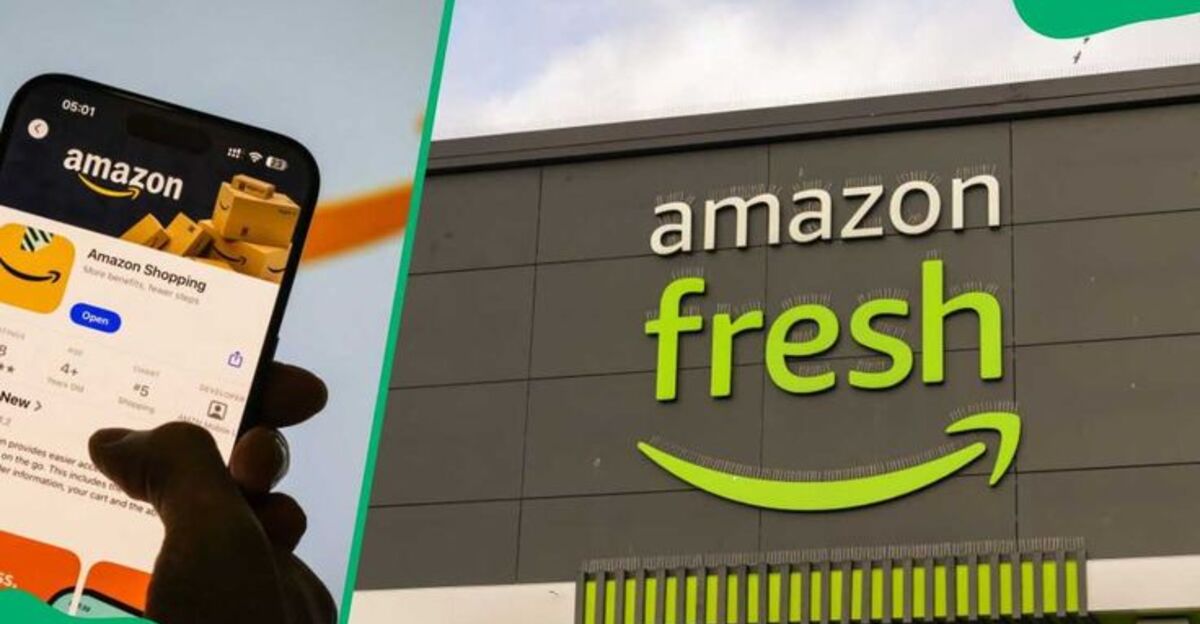
Looking forward, Amazon is expected to enhance its online grocery operations and invest in Whole Foods locations.
Industry observers anticipate new digital features, improved logistics, and further adaptation to shifting consumer habits as Amazon continues to be a key innovator in the grocery sector.
A New Era for Grocery Retail in America
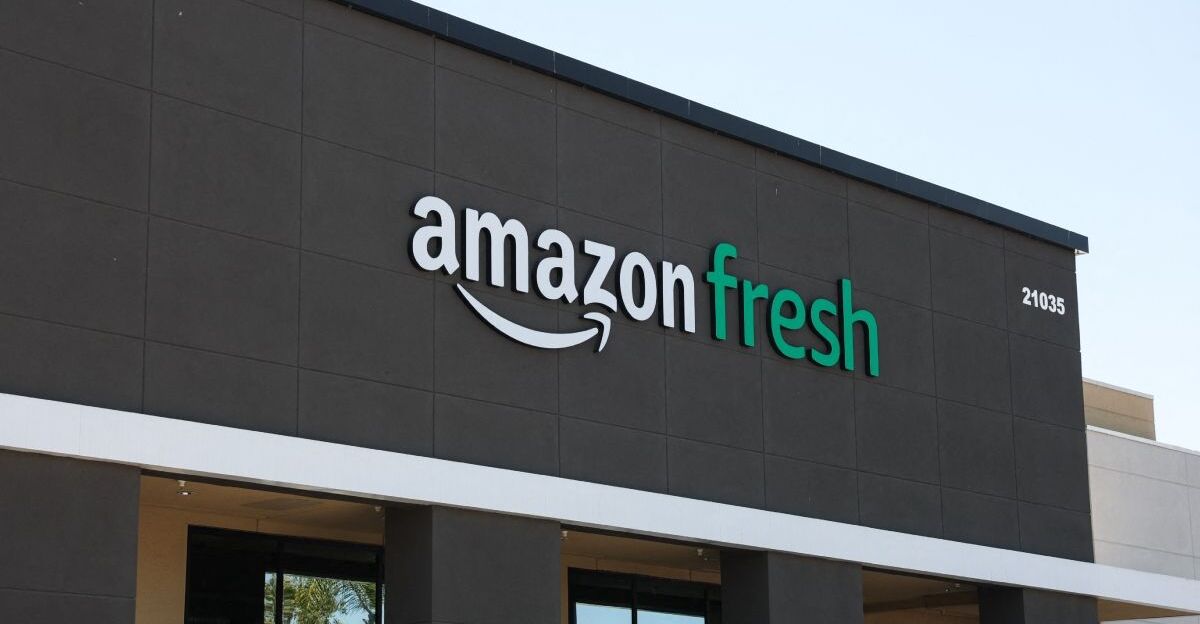
The 2025 Amazon closures are more than a business adjustment—they reflect sweeping transformations in work, shopping, and technology.
As stakeholders adapt to these ripples, the future of American grocery retail will depend on innovation, community engagement, and robust digital ecosystems.